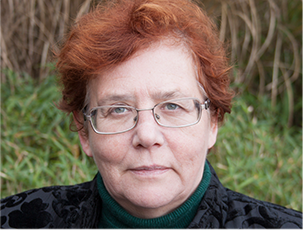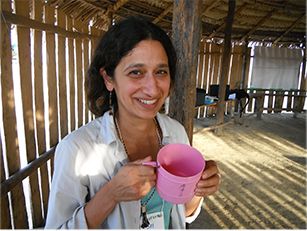Despite the scientific evidence as well as the nuanced cultural, spiritual, ecological and economic importance of fires for local communities in northern Ghana, government policies still embrace the simplistic narrative that fire constitutes a disturbance to savanna ecosystems. The antifire policies and programmes instituted by the Government of Ghana and Non-government Organisations to promote conservation in savanna areas have induced a growing sense of injustice and resentment among those whose livelihoods depend on these fires.
Therefore a scientific and traditional ecological understanding of the drivers of fires and how fire management policies impact wider efforts to mitigate conflict between different resource user groups in these areas is necessary for developing more equitable approaches. Hence, the main objective of this study is to understand the complex trade-offs of shifting fire regimes and policies in the savanna woodlands of northern Ghana and whether these policies result in social inequities. By prioritising the perspectives of local resource users, a better understanding will be developed of whether farmers and herders, particularly, are differentially impacted by statutory fire management approaches. The study will involve mixed method approaches including remote sensing, in-depth interviews, key informant interviews, focus group discussions, cause and effect diagrams and seasonal calendars.
Project duration: 2021-2025

Photos: Savanna landscapes in Ghana with burnt patches. Source: Rahinatu Sidiki Alare











